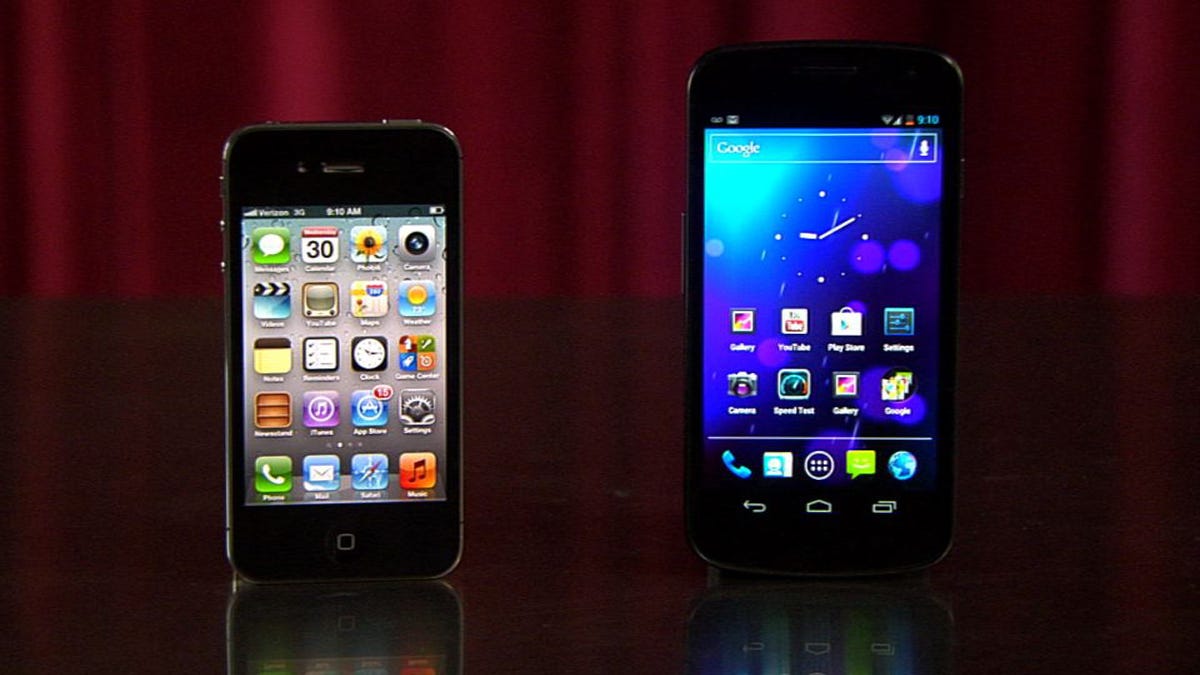Apple, Samsung again swallow all the smartphone profits
The latest study from ABI Research has Apple and Samsung capturing 55 percent of the market and 90 percent of the profit.

There's no stopping Apple or Samsung Electronics.
The two companies again dominated the smartphone industry, combining to capture 55 percent of the market and 90 percent of the profits in the first quarter, according to a study by ABI Research.
The numbers only further illustrate the growing divide between Apple, Samsung and everyone else. While Samsung leads the industry with 43 million smartphones shipped, Apple remains the leader when it comes to making money off of its products. The iPhone 4S continues to be the single best selling phone at most carriers, while Samsung's Galaxy S III line is poised for its own breakout success.
The consequence, of course, is that the environment is even more treacherous for all of the other competitors. Nokia recently warned that its second-quarter results would disappoint once again, citing the difficult competitive environment, while HTC is still trying to get back to its high-flyer status with its One line of smartphones.
Interestingly, Nokia's slide in smartphones may allow another struggling player, Research in Motion to pass it by. While RIM posted terrible results of its own, including a 20 percent sequential slide in BlackBerry shipments in the first quarter, they looked decent relative to Nokia's own 40 percent drop.
But with Apple and Samsung so strong, it's unclear whether a third player can break out.
The handset vendors are expected to turn their eye to growth markets such as China, particularly as smartphone adoption matures in the U.S. and Western Europe. But even in China, the companies face stiff competition from the likes of Huawei and ZTE, which are able to deliver powerful phones at an attractive price.

